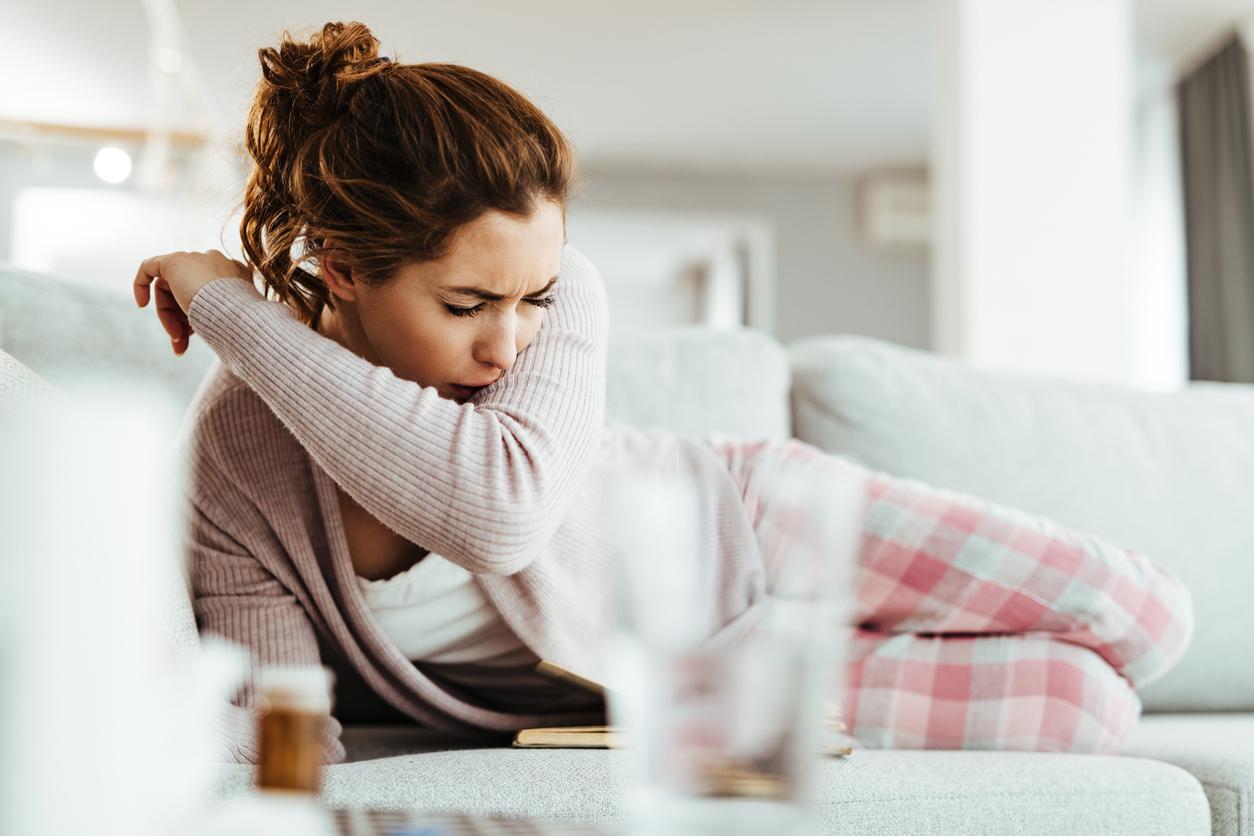Via his Tik Tok account, Dr. Desai shares his habits with his community. Double certified in emergency medicine and lifestyle medicine, the expert is interested in many areas of health. One of his publications focuses on the issue of washing plastic utensils.
It all depends on the type of plastic
“In general, try toavoid using single-use plasticsbecause they are not designed to be heated“, explains the expert. Indeed, when this type of plastic is subjected to high temperatures, it risks releasing microplastics. These represent a risk for the environment and health according to ANSES.
For your Tupperware and other plastic utensils, it is important to check that they have a pictogram indicating that they can be put in the dishwasher. “If you have to put them in the dishwasher, put them in the top basket“, advises Dr. Desai. This will prevent them from coming into contact with the heating element located at the bottom of the dishwasher. Because even if they are suitable for the dishwasher, they still risk getting damaged. even deform on contact with high temperatures.
What can’t be put in the dishwasher?
Besides plastic containers and utensils, other materials are not dishwasher safe. Your utensils risk being damaged and in certain cases, losing their properties.
Wooden utensils
Because wood is a porous material, it can absorb water and detergents, which can cause it to warp and crack. Additionally, the dishwasher can be a humid and hot environment, which encourages the growth of bacteria. If wooden utensils are left damp for a long time, they can become breeding grounds for bacteria. So head to the sink for the wooden cutting boards, spoons and salad bowls, and don’t forget to dry them!
Cast iron utensils
Over the course of washing at high temperatures in the dishwasher, the enamel that protects the natural cast iron of your pans, casserole dishes or woks can become damaged. So to prevent your cast iron utensils from rusting, wash by hand.
Non-stick utensils
Your non-stick pans and saucepans may lose their properties if you clean them in the dishwasher. To extend the life of your utensils, prefer to wash them by hand.
Pacifiers and bottles
Dishwasher trips can deform rubber or silicone pacifiers and bottles. Additionally, they can be contaminated with bacteria. It is therefore recommended to wash pacifiers and bottles by hand with warm water and mild soap.
In general, it is important to read your dishwasher manufacturer’s instructions to find out which items are not compatible.


















